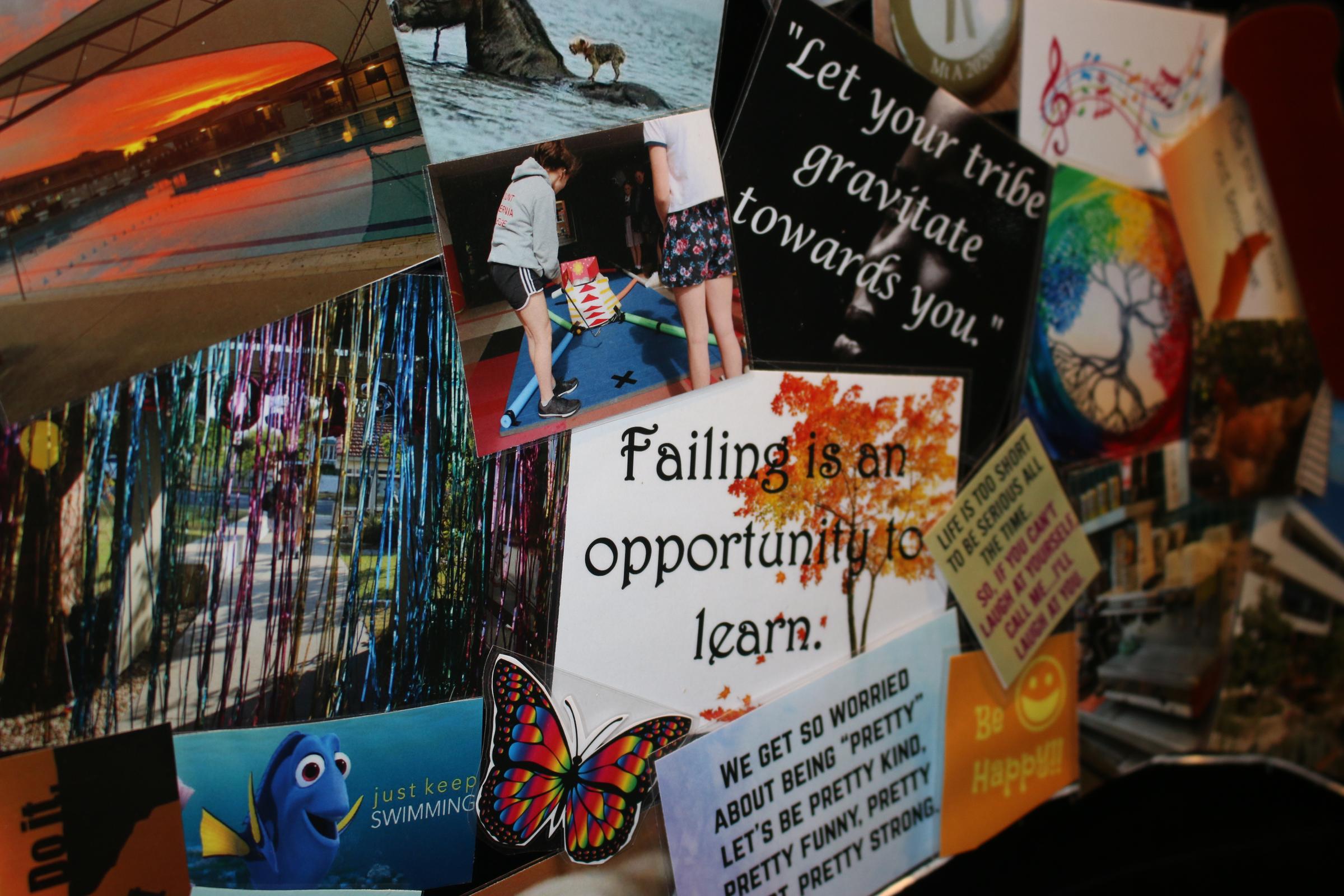Minds Matter
From your College Psychologists

Minds Matter
From your College Psychologists




At the end of a busy term and school year, it is easy to become fatigued and given into daily stressors. This has been another year full of uncertainty, with the COVID-19 pandemic continuing to impact our daily lives and choices. The anticipation of impending lockdowns has created stress and a constant state of flux for many people, resulting in a sense of exhaustion. In the meantime, our young people have had to go on with their usual routines, while being adaptable to the ever-shifting environment.
While there may be more uncertainty in our lives now, there are many facets that remain constant and contribute to our wellbeing. It’s important that we take the time to recognise the things we value. Gratitude can be a response to a situation, but it can also be a practice that we actively engage in. Gratitude can assist people to feel more positive emotions, savour positive experiences, improve general health, build resilience and strengthen relationships (Harvard Health Publishing, 2021).
Studies have demonstrated that those who engage in gratitude practices, tend to be happier and feel less depressed (The Greater Good Science Center at the University of California, Berkley, 2021). Research from The Greater Good Science Center (University of California, Berkley, 2021), suggests that gratitude may have the following psychological benefits:
This same research found greater neural sensitivity in the medial prefrontal cortex, which is linked with learning and decision-making. Keeping this in mind, gratitude practices may assist young people with their learning as well as their wellbeing. This month’s SchoolTV topic covers Happiness & Gratitude and you can find other resources related to this topic here.
A helpful resource found on the website is a ReachOut fact sheet for young people which explains gratitude. You can find this fact sheet here
The school holidays can be a great opportunity to practice gratitude and appreciate the things you’re thankful for in life. Wishing you and your families a safe and wonderful Christmas break.
References
https://www.health.harvard.edu/healthbeat/giving-thanks-can-make-you-happier
https://greatergood.berkeley.edu/article/item/how_gratitude_changes_you_and_your_brain